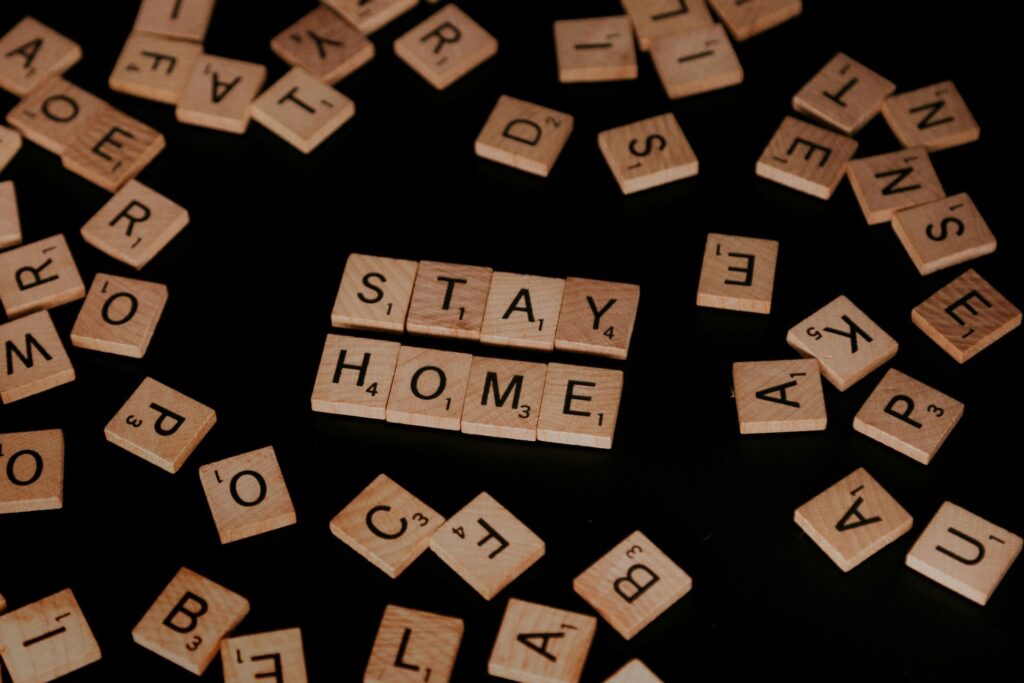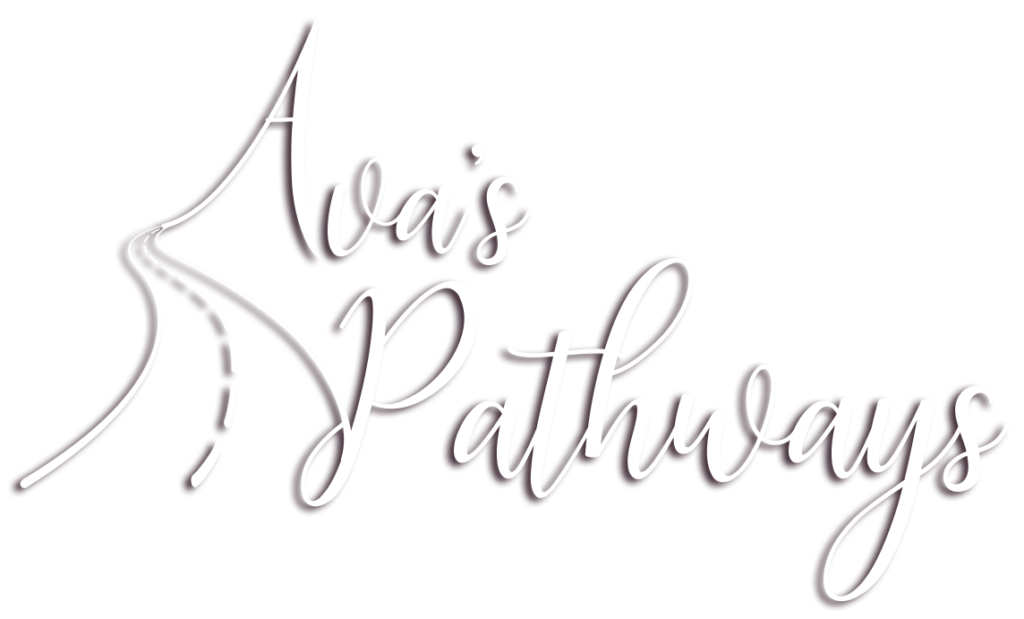When crisis strikes, our instinct is often to retreat. I know this intimately—when my world collapsed around me, my first response was to shut everything down. No new connections. No sharing my story. I created boundaries that became walls, holding a secret that felt both protective and poisonous. The shame of my situation clung to me, driving me further into isolation. I carried it like an invisible mark, convincing myself that distance was safety.
Beyond the trauma of the original crisis lies the grief of discovering which relationships were conditional all along. The first wound is the actual crisis. This second wound is the loss of friends or family and that cuts deeply. These are the people who prioritize self-preservation, with no capacity to support you. Their reasons ultimately don’t matter; what remains is their absence during your darkest hours. Sometimes circumstances make this forgivable, but usually, we’re simply seeing who they truly are for the first time.
What does this revelation do to someone already in crisis? Often, it leads us to choose isolation over risking further disappointment. We stop trusting, preferring loneliness to betrayal. Long-term, this erodes our sense of community—the very thing that is essential for healing.
Moving forward was difficult. Asking for help felt like confirming my failure. Not having a clear path forward made me feel weak and unprepared. Thankfully, the few people who remained embodied resilience or offered wisdom. I desperately needed a sense of belonging somewhere. It helped to connect with others who had weathered their own storms. I needed to borrow their belief until I could rebuild my own.
When we isolate, we strip our identity down to core functioning—this is the phoenix in flames, shedding what once was. But for rebuilding, we need community. We need to feel hope, possibility, and future potential. Life unfolds nonlinearly; we adapt as best we can. Some paths must be abandoned for new ones. Transformation requires conscious choices to release beliefs, people, and situations that no longer serve us. For me, it felt like enduring a thousand small heartbreaks—and several devastating ones. An endless cycle of grief.
Whether from courage or desperation to end the cycle of pain, choosing to leave isolation transforms us. In that space of rebuilding your life, solitude offers clarity about who you are and who you wish to become. But in isolation, that journey becomes nearly impossible to navigate. You need support to bridge gaps in faith, knowledge, and access.
Even after the healing journey, from time to time we may revisit that lonely, isolated place. And that is okay as long as we understand its purpose. It is there to offer peace and calm for insight and alignment.

